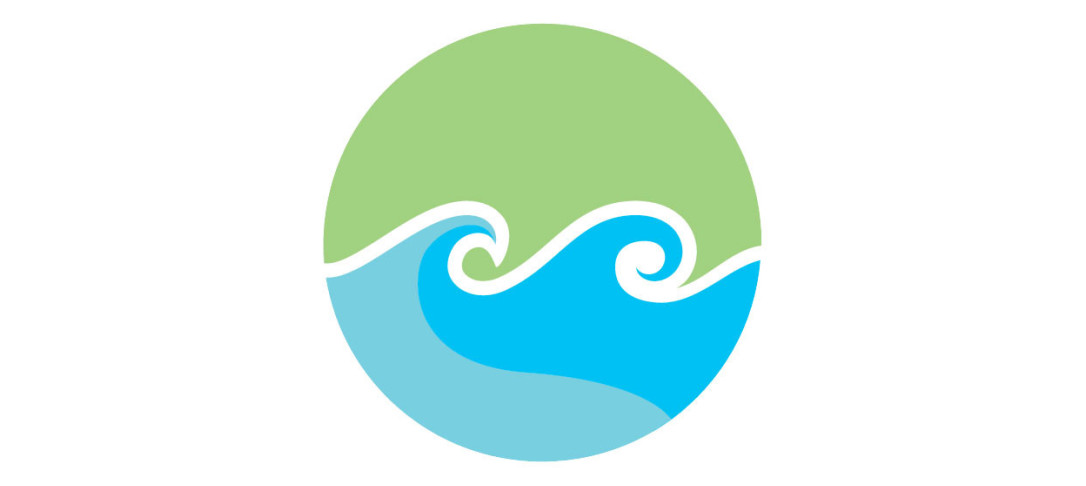
Abstract: Like many coastal regions across the globe, communities on Caribbean coastlines must seek to mitigate the adverse impacts of natural hazards (including storms, hurricanes and tsunamis), anthropogenic activities (such as beach mining and pollution) and climate changes (such as those linked to sea level rise and increased storminess). Addressing these regional issues is challenging considering the complexity of the coastlines- diverse topographies, varying ecologies, and multiple uses. In many circumstances, there are competing interests, and any optimal solution must seek to address these difficult issues with limited resources and inadequate data. Data scarcity is a significant issue in the Caribbean region, and engineering solutions must also endeavour to be adaptable to deal with issues related to poor data which is compounded by uncertain future conditions. As the region seeks to ensure that coastal communities are more resilient to future events, there has been increased focus on data collection and improving policies to assure the sustainability of Caribbean livelihoods, ecosystems and heritage. What is certain is that achieving this goal of coastal resilience cannot only rely on commonly implemented hard solutions, nor can it only depend on traditional biodiversity approaches. Nature-based solutions provide an opportunity to meet the present and future needs of the multiple stakeholders who have interest and influence in these coastal areas. However, there are hindrances to effectively implementing these nature-based solutions regionally, and there have been ongoing efforts to address these concerns. Three such projects will be briefly highlighted in this lecture but represents a small subset of the myriad of ongoing activities regionally. These projects hope to fill gaps in the data required to effectively assure the wide adoption of nature-based solutions as an engineered approach through stakeholder engagement, numerical and physical modelling, and field scale activities.
Short Bio: Dr. Deborah Villarroel-Lamb is a Lecturer at the University of the West Indies in Trinidad and Tobago. She specializes in the numerical and physical modelling of coastal engineering processes, including ocean hydrodynamics, coastal morphology, coastal structural response, and impact. She has developed specialized numerical models to investigate the physical processes that occur along a coastline, such as wave transformation, wave breaking, undertow currents, energy dissipation and sediment transport. She is also adept at using a number of commercially available numerical tools to support these several types of analyses. She has conducted many physical modelling experiments to support the understanding of these various coastal processes and has gained experience in the assessment and design of coastal structures. Dr. Villarroel-Lamb’s current research focusses on improving the design of nature-based solutions to promote sustainable approaches to coastal protection and advance the climate resilience goals of the Caribbean region. She has gained a wealth of knowledge and experience throughout her career thus far and continues to explore opportunities for advancement within her chosen field.


